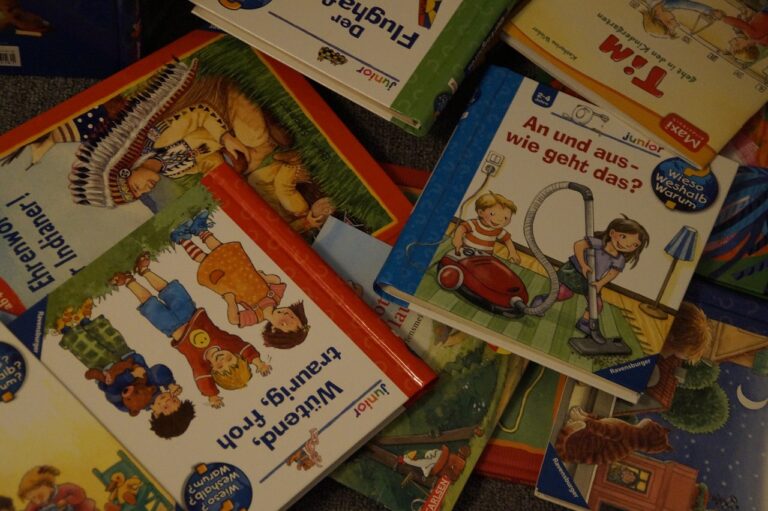The Impact of Technology on Student Writing
goldenexch99, cricbet99 club.com, king567 login: Technology has become an integral part of our daily lives, revolutionizing the way we communicate, work, and learn. In the field of education, students are increasingly relying on technology for research, writing, and collaboration. This shift has had a significant impact on student writing, both positively and negatively.
The ease of access to information on the internet has undoubtedly made it simpler for students to conduct research for their essays and papers. With just a few clicks, students can find a wide array of sources to support their arguments and ideas. This abundance of information has the potential to enrich their writing and make it more well-rounded.
On the other hand, the convenience of technology can also lead to issues such as plagiarism. With a wealth of online content available, some students may be tempted to copy and paste information without properly crediting the original source. Educators must emphasize the importance of academic honesty and teach students how to properly cite their sources to avoid plagiarism.
The rise of social media and texting has also had an impact on student writing. Shortened forms of communication, such as emojis and abbreviations, have seeped into academic writing, leading to a decline in formal language skills. It is crucial for students to understand the distinction between casual and academic writing and to practice using proper grammar and punctuation in their assignments.
Despite these challenges, technology has also brought about innovative tools that can enhance student writing skills. For example, grammar checkers and editing software can help students identify and correct errors in their writing, improving the overall quality of their work. Online writing platforms and collaborative tools also allow students to receive feedback from peers and teachers, facilitating a more interactive writing process.
In conclusion, the impact of technology on student writing is multifaceted. While it has made research more accessible and provided valuable tools for improving writing skills, it has also introduced challenges such as plagiarism and informal language usage. Educators must strike a balance between harnessing the benefits of technology and ensuring that students develop strong writing skills to succeed academically and professionally.
—
FAQs:
Q: How can educators encourage students to use technology responsibly in their writing?
A: Educators can promote digital literacy by teaching students how to evaluate online sources, cite information properly, and use technology tools ethically in their writing.
Q: What are some effective ways to incorporate technology into the writing curriculum?
A: Utilize online writing platforms, interactive writing tools, and collaborative editing software to engage students in the writing process and improve their skills.
Q: How can students improve their formal writing skills in the age of social media and texting?
A: Encourage students to practice writing in different formats, such as essays, research papers, and formal letters, to develop their formal language skills and distinguish between casual and academic writing.







